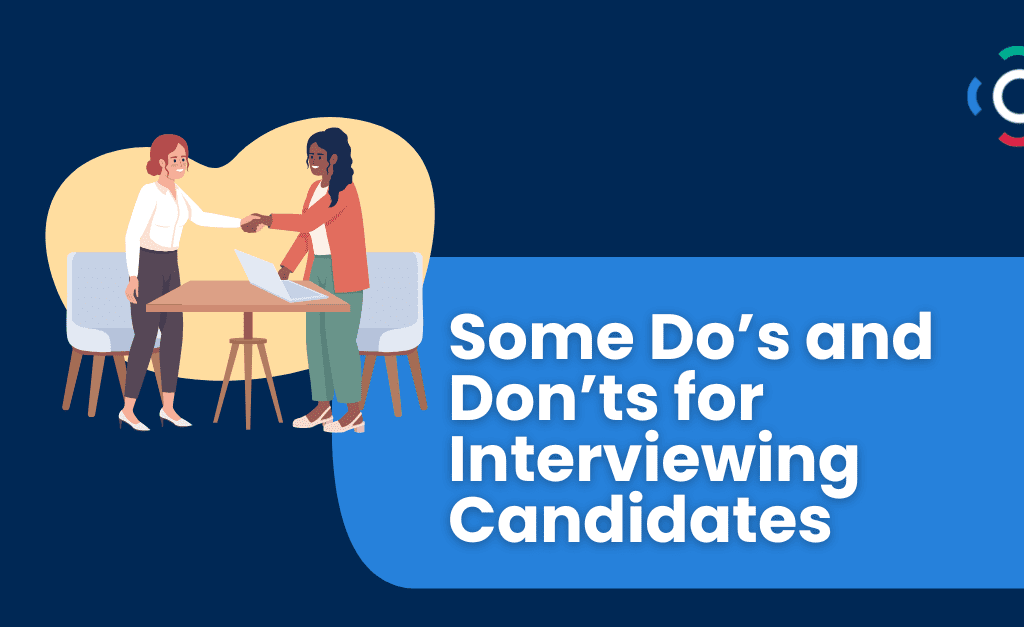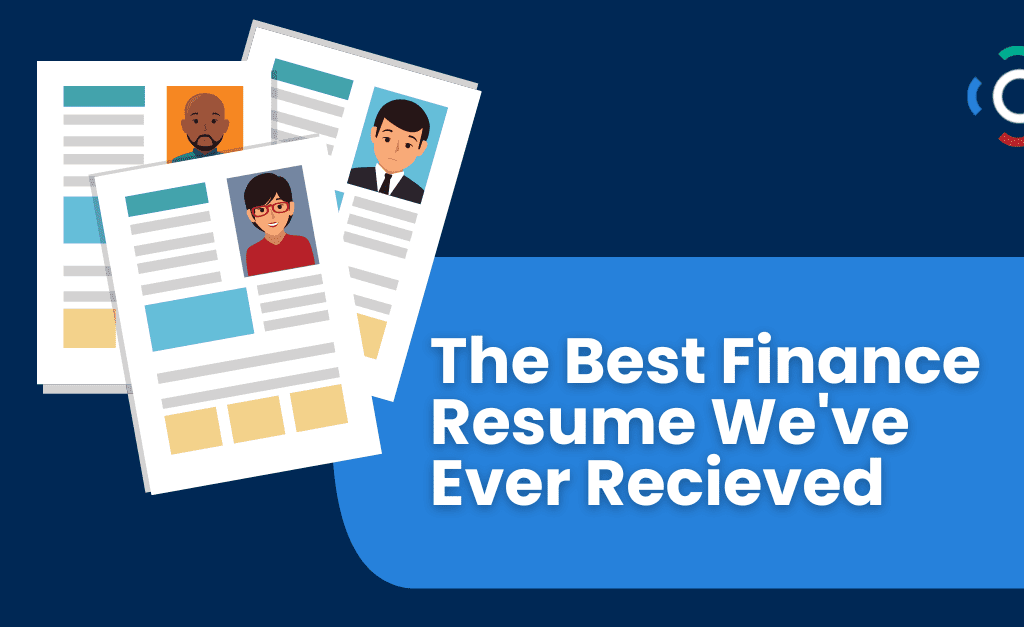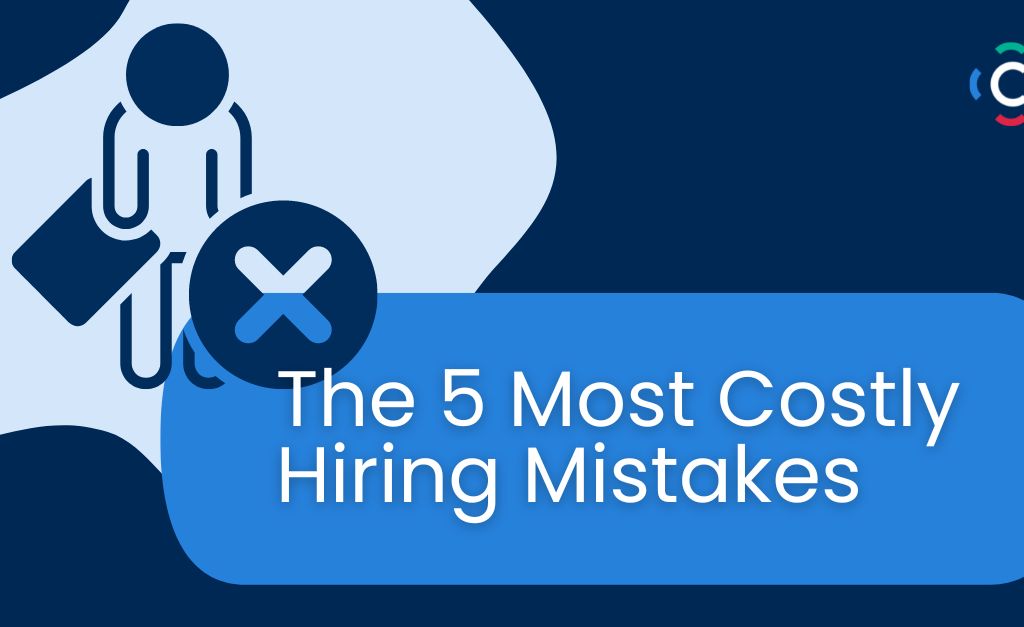Bad hires cost employers big time. Here are some mistakes you should avoid so that you don’t make a hiring decision that ends up costing you.
Hiring has always been something of a challenge for employers, even in the best of times. But in a still uncertain business climate, finding and recruiting talent is harder than ever. A recent survey of 5,000 CEOs revealed that hiring was the top concern among executives today, beating out even the economy and government regulation as potentially worrisome issues in the years to come; almost one of four identified it as the single biggest challenge they were facing.
In spite of all the time, effort, and resources that companies put into finding the right people, a good number of new hires fail. And while the employees probably have to shoulder much of the responsibility for their struggles, the people who hired them to begin with aren’t usually blameless, either. Many employers and hiring managers commit costly errors during the hiring process that lead to bad hires or put the wrong people in the wrong positions. Here, then, are some of the biggest mistakes employers make in hiring that you should try to avoid the next time you’re looking to fill that accounting or finance job vacancy.
Mistake #1: fixing too general, or narrow, requirements for the position
When you’re recruiting accounting and finance talent to your organization, you should always shoot for the stars. But “stars” as in “star performers” — not “stars” as in “stars in the sky.” And yet, too often, employers ask for the moon in terms of candidates’ qualifications. They tack on lots of additional, extraneous or general requirements, thinking this will help them identify the best person for the accounting position they’re staffing.
Or, conversely, they limit their accounting job search to such a narrow, specific skillset or kind of expertise, that 99.99999% of the talent pool is already eliminated from consideration. Either way, the posting reads more like an ad for a dating service than an accounting job description, in that you know the ideal person they’re describing doesn’t exist, or isn’t on the market (though a good recruiting agency can help you find candidates who aren’t actively looking for work).
No misunderstanding: you should never settle for a subpar hire. Accepting a mediocre employee only guarantees underperformance for your business. But employers need to be realistic about the talent that’s available for the salary range they’re offering, and to tailor their job descriptions accordingly. Otherwise, your search is only bound to leave you disappointed: you’ll either find people are, by your stringent standards, underqualified — or else have to pay through the nose for a superstar whose ROI, at least in the accounting job you’re hiring them for, may not justify their pay grade.
Either way, the posting reads more like an ad for a dating service than an accounting job description, in that you know the ideal person they’re describing doesn’t exist, or isn’t on the market…
Instead of adding requirements for the sake of adding them or specifying them too narrowly, ask yourself exactly what you need in a hire. What particular skills are necessary for the accounting job, e.g., a certain level of proficiency with Excel for a more senior accounting position? What certifications? Do they have to be a Charted Accountant, Certified Management Accountant, or Certified General Accountant? And what skills or experiences aren’t quite deal breakers, but bonuses — things that would be nice to have in a candidate, but that they could pick up on-the-job or with further professional development and mentoring?
In hiring as in so much else, it’s important to distinguish between your needs and your wants. Reduce your criteria to the bedrock set of qualifications someone must have to perform the job well, and recruit candidates on that basis.
And consider whether your expectations match your asking price. The higher you set the skills and experience requirements, the more you’re going to have to pay. Ask yourself whether you can afford that kind of accounting candidate for the vacancy you’re looking to fill, so that you’re not caught flat-footed when you inevitably raise the question about salary expectations.
Mistake #2: only hiring people like yourself
We attract people that are similar to us. It’s a law of nature that can hold true for hiring, too. As a result, many employers end up turning their organization into a house of mirrors, and only hire people who look, think, and act like themselves.
It’s happened to the best of us: during an interview, you connect with a candidate over some shared personal detail — you both attended the same business school or earned your accounting degrees from the same university, root for the same basketball team in the NBA playoffs or worked for the same company, backpacked through the same European towns, etc. — and conclude that they must be the right fit for the job. I mean, they’re just like you…and you wouldn’t hesitate to hire yourself for the position, would you?
But hiring people because they’re cut from the same cloth as you — as opposed to hiring them because they’re the best candidates available — doesn’t make much business sense.
To be sure, there’s something reassuring about familiarity. And you should always hire with your company’s culture in mind; someone who just doesn’t gel with the rest of the team may not be a good fit. But hiring people because they’re cut from the same cloth as you — as opposed to hiring them because they’re the best candidates available — doesn’t make much business sense.
An organization that’s too homogeneous will suffer when it’s confronted with an issue or opportunity that requires out-of-the-box thinking or a left-of-centre approach. That’s when it helps to have an iconoclast or two on staff, to challenge you and the rest of your staff — in a good way — to think and do things differently.
Mistake #3: not following up on references
Some employers treat reference checks as an afterthought, rather than an integral part of the hiring and screening process. As such, they put the cart before the horse: instead of using references to inform their decision about the candidate, they’ve already made up their minds beforehand, barely considering the feedback they might receive from former supervisors and employers.
But following up with references and conducting due diligence on a candidate’s employment history, education, professional certifications, and the like isn’t a mere formality. It’s every bit as vital a tool as the job interview itself for figuring out whether a candidate is suitable for the job you’re hiring for. And just as you need to be armed for the interview with the right questions, so you should be prepared to put the right queries to candidates’ references.
Cross-check details that the candidate might have raised during the interview — about their responsibilities at their position, their performance over time, their relationship with management and co-workers, their reasons for leaving the job, etc. And if you’re speaking to the candidate’s former manager or employer, don’t forget to ask: “would you hire this individual again?” Their answer to that question can speak volumes.
Mistake #4: taking too long to close the deal
No one likes to be kept waiting forever. Whether you’re standing in line at the grocery store, or waiting for your name to be called at the doctor’s office, we all dislike having our patience tested. Candidates are only human. Who among us would want to go through the long, stressful process of applying and interviewing for an accounting position, only to have to wait endlessly to hear back from an employer about whether you got the job?
But following up with references and conducting due diligence on a candidate’s employment history, education, professional certifications, and the like isn’t a mere formality.
Of course, hiring decisions shouldn’t be rushed, nor should they be taken lightly. But if you told a candidate that you’d get back to them within a few days, and it’s already been two weeks since the final interview, that’s a bad look for your company. Employers who dither for too long not only risk losing the candidates they prize most (remember, even in this economy, the best candidates are likely to have options, including other offers on the table).
You may also end up hurting your own reputation. Jobseekers talk, and in this age of social media and crowdsourcing sites like Glassdoor, word travels fast. You don’t want your organization to catch a bad rap for disrespecting candidates.
Set a schedule for making your decision and make an offer, and then stick to it. It’s that simple. And if you can’t make up your mind about a candidate, inform them that you won’t be able to extend an offer at this time. Bad news is always better than no news.
Hiring can be an inexact science, but the costs of a bad hire aren’t difficult to calculate: according to the U.S. Department of Labor, the average cost of a bad hire is 30% of their first year earning potential — assuming that the problem is recognized and addressed within their first six months of employment. Needless to say, the longer that it takes an employer to rectify a poor hiring decision, the more it will ultimately cost them.
Of course, it’s a lot easier to avoid mistakes than amend them. Being mindful of these cardinal hiring sins can greatly improve your odds of finding the absolute best person for the position you’re recruiting for. Don’t let a bad hire cost you.
What are some of the biggest hiring mistakes you’ve made? How have you changed your approach to the hiring process to avoid them in the future? Let us know what you think!
At Clarity Recruitment, we’re always interested in hearing from accounting and finance professionals like yourselves, who are ready for new, exciting opportunities that can take their careers to the next level. And be sure to follow us on Twitter (@clarityrecruits) and connect with us on Facebook for more great tips and advice!





